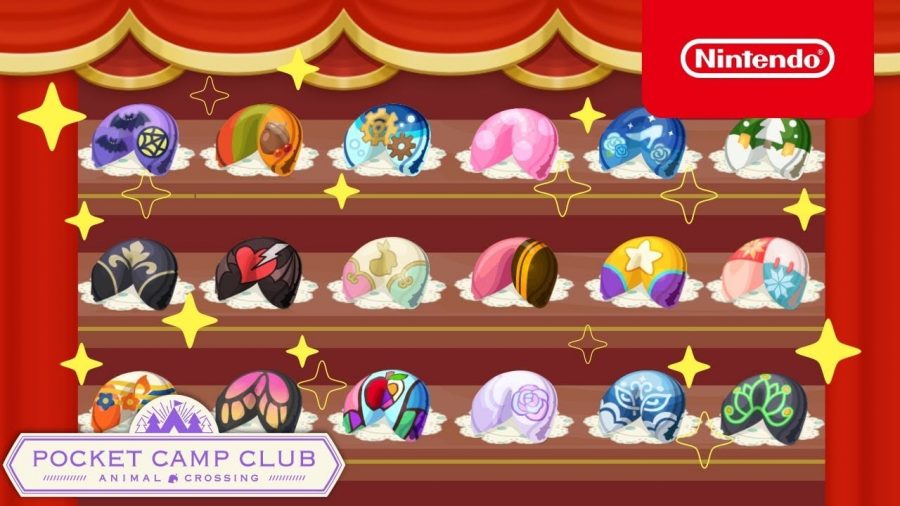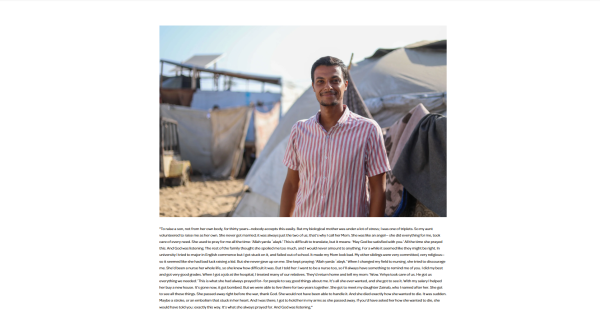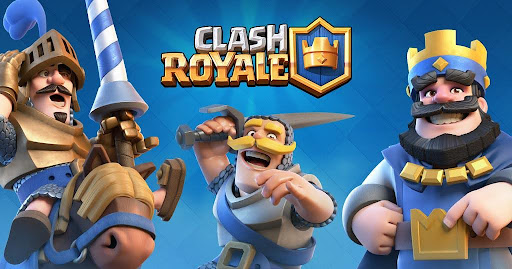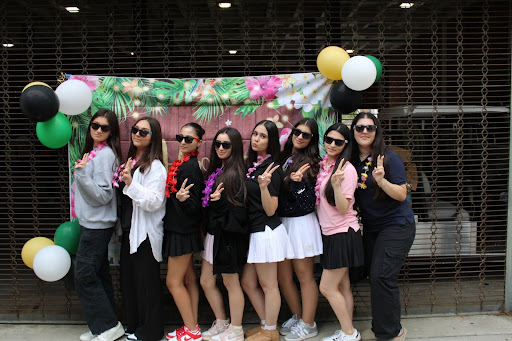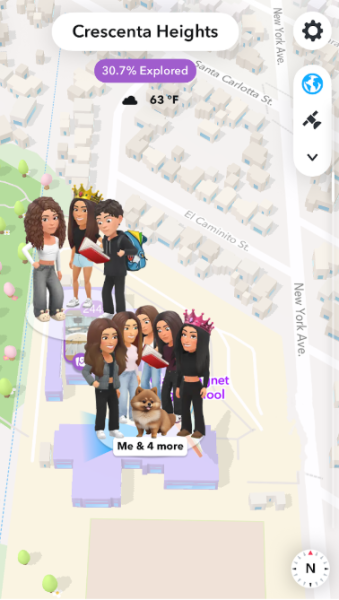From Pocket Camp to Pay-To-Play: the macro effects of micro-transactions
A preview of the Cookie and Depot Plan via Nintendo Mobile. The plan is one of the two membership plans Animal Crossing: Pocket Camp has released in the update.
Recently, Nintendo released a new update to one of their hit mobile games, Animal Crossing: Pocket Camp, featuring a new paid subscription service for players to invest in. They’re introducing the Pocket Camp Club, a paid subscription service players can pay monthly to in order to make their camping experience more fulfilling.
Animal Crossing: Pocket Camp (ACPC/Pocket Camp) is a mobile game where you play as a campsite manager of a new camp by hosting cute animal characters, decorating your camp, and completing tasks by fishing, collecting fruit, and other activities. ACPC is part of the Animal Crossing franchise, though its game-play is more limited compared to their video game counterparts.

The Pocket Camp Club includes two new plans: The Happy Helper Plan and the Cookie and Depot Plan.
The Happy Helper Plan starts at $2.99 a month (which includes a 30-day free trial for all players), and it appoints a villager (the animal characters in the game) of your choosing as a camp caretaker, who follows behind you in-game, completes tasks for you, and collects items — even if you’re not playing the game. You also earn 60 Leaf Tickets (a premium currency bought with real money) per month. Furniture crafting time is shortened too, which is a feature included in both plans.
The Cookie and Depot Plan, however, stands at $7.99 a month. It allows you to choose five fortune cookies of your choosing per month. Fortune cookies are mystery/loot boxes featuring one exclusive item from a category, such as a rare furniture item or piece of clothing. It’s pretty much glorified gambling.
Fortune cookies usually cost Leaf Tickets to purchase; however, the plan allows you to choose five free different cookies, whereas five of only one type of cookie costs 250 Leaf Tickets (in comparison, 200 Leaf Tickets costs $7.99 to buy.) You can also get extra storage space for your items if you’re a hoarder, which can prove useful for some players.
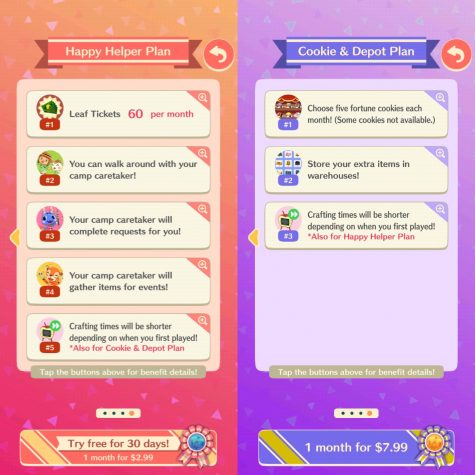
The implementation of these subscription plans, however, have received mixed reviews. In a Polygon article by Julia Lee, Lee says that they “don’t know if I’m going to consistently pay $2.99 per month for this feature” but can understand how players could find it useful opting in for the AI Helper. But as much as the helper does seem useful, paying the same amount of money for a plan that’s worth 200 Leaf Tickets seems ultimately counterintuitive and not worth the purchase.
Along with this, Pocket Camp has been pushing the usage of Leaf Tickets since the beginning, where they made it so certain event items that used to cost Bells (the currency in Pocket Camp) now cost Leaf Tickets, which seems unfair to new and old players alike. Additionally, a past update (called ‘The Gulliver Update’) enraged and upset players after adding new paywalls and expensive demands to something that was once free for all.
This update was very disappointing, especially to players who don’t have a lot of rare materials or Leaf Tickets to give, or to new players who don’t have a lot to start with. And with the occasional amount of times free Leaf Tickets are given, players still have to resort to using real
money in order to get the good stuff, sadly. Nintendo isn’t a stranger to adding multiple bad charges that eventually hurt free-to-play players in the long run.
You can’t deny that in-game transactions can haul in a hefty amount of profit, though. Especially with the rise of popular games like Fortnite where many players use real money to pay for cosmetic character skins. Statistics show that even a popular mobile game with in-game transactions called “Clash of Clans” raked in $2.3 billion in 2016. But with games like Animal Crossing: Pocket Camp, the amount of micro-transactions the “free-to-play” game has within can tend to ruin the supposedly stress-relieving experience.
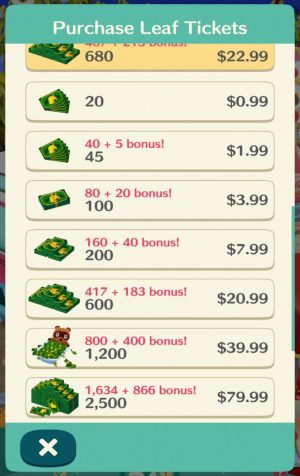
Sure, you could play the game as it is without paying for anything, but you don’t get to have all the rare and exclusive items everyone else has. Plus, Pocket Camp isn’t the only one guilty of putting unfair paywalls on their games. In 2017, EA (Electronic Arts) received controversy after the release of Star Wars Battlefront II, after what players saw as an overaggressive use of microtransactions and pay-to-play progressive systems. EA even went as far as to charge $80 to unlock Darth Vader in the game, keep in mind that these types of games already retail for almost the same price.
So while it may be fine to just play the game on your own without buying anything, the excessive amounts of in-game transactions in games like Pocket Camp can have could potentially ruin any player’s gaming experience. Fortunately for Animal Crossing fans, the newest installation of Animal Crossing: New Horizons is set to release on the Nintendo Switch in 2020. Let’s just hope Tom Nook isn’t trying to wring us of our money, though.
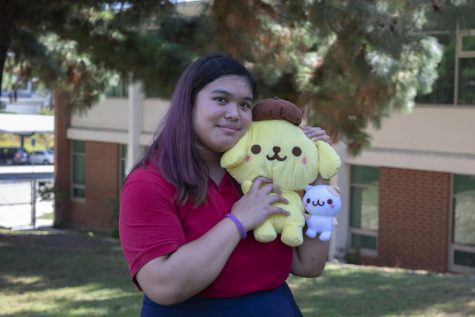
Hobbies/Interests: Digital Art, Animation, Video Games, Cartoons
Spirit animal: Giraffe
Places you want to travel to: Japan and London
Favorite...



